

Summer 2019 is upon us. For parents throughout the Metroplex, there’s a combination of cheers that their kids have wrapped up another school year, and some fears, that their children will fall victim to the dreaded summer slide. A Brookings Institute study reveals that over the summer, students’ achievement scores drop in all subject areas and that math scores decline even more than reading scores. Further, research points to the fact that lower-income students might learn less over the summer compared to higher-income students.
As the summer approaches, I am reminded about one of the many great aspects of Dallas. We have a rich collection of freely accessible assets available to all parents and other educators of all backgrounds so we can all take advantage of a plethora of tools and resources. This can lead to a summer that’s enjoyable for everyone while also one that fosters a growth mindset. As a mother of three, I have spent many hours orchestrating my kids’ summers with a combination of mindless activities coupled with opportunities for them to read, learn and gain knowledge outside of the intensity of an academic setting.
One of the things I’ve learned over the years is that our homes and neighborhoods are fertile grounds for learning. Parents and guardians play a powerful role in guiding children through quality play time that also stimulates their minds. In my area of expertise of math and science, I’ve devoted a great deal of time developing activities that allow parents, teachers, and kids to embrace the notion that their homes and communities are perfect venues for learning about science, technology, engineering, arts, and math. I’m a firm believer that math and science are everywhere, and when we can connect the real world with math and science so that learning is embedded in children’s lived experiences, we are able to foster growth mindsets and catalyze meaningful learning. We are able to encourage all students, whether they come from underrepresented groups such as girls and low-income populations or not, to embrace their own identities as math or science people who have inquiring and creative minds and who seek diverse solutions to their own questions. When we expand our children’s identity and they believe they can do more, we empower them.
The Brookings study affirms the importance of children and their adults enjoying creative explorations that will strengthen and fine-tune math and science skills. I’ve been working with a team over the past several years that has helped me develop a suite of free learning tools, including short videos that are designed to make it easy for kids, parents, and educators to participate. What’s been great is that varied neighborhoods and venues throughout Dallas have become the settings for many tools available. The Dallas Arts District, which is the nation’s largest contiguous urban arts district, Fair Park, which has one of the world’s largest collection of art deco architecture and art, Love Field Airport, SMU campus, Girl Scouts STEM Center of Excellence, Red Bird Mall, St Philip’s School & Community Center, Trinity River Audubon Center, and the Dallas Arboretum are among the many places that are playgrounds for ideas. Beyond these places, kids can create their own exercises at home, in their neighborhood, at their local library, at their camp, church or community center using some of the tip sheets we’ve created.
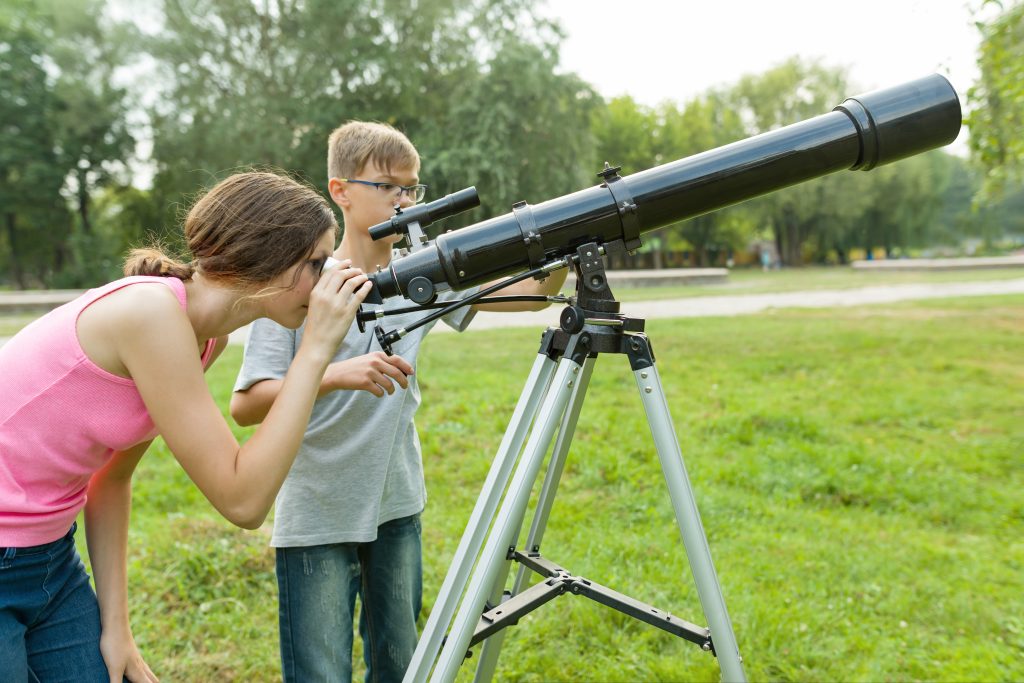

Don’t get me wrong. Summertime is a time where we, as parents, need to refresh ourselves and certainly, our children can benefit from a break from the routine, and have fun playing, learning and creating memories for a lifetime. Fortunately, it’s possible to do both – have some fun and explore varied sites and neighborhoods using a math /science lens. Long, leisurely summer days seem like great times to engage in these sorts of activities.
About Koshi Dhingra, Ed.D
Koshi Dhingra is founder of talkSTEM, a nonprofit organization that promotes conversation about the diversity of STEM and STEAM thinking in our daily lives, in our communities, and in our world. She has a doctorate in science education from Teachers College, Columbia University, and has years of experience teaching at the middle and high school levels, as well as teaching in teacher education programs. She has served as a director of the Science and Engineering Education Center at the University of Texas at Dallas.
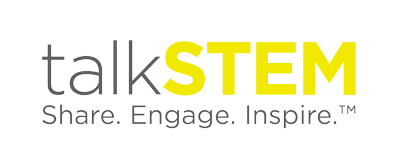
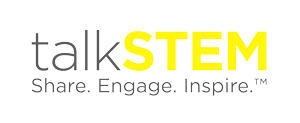
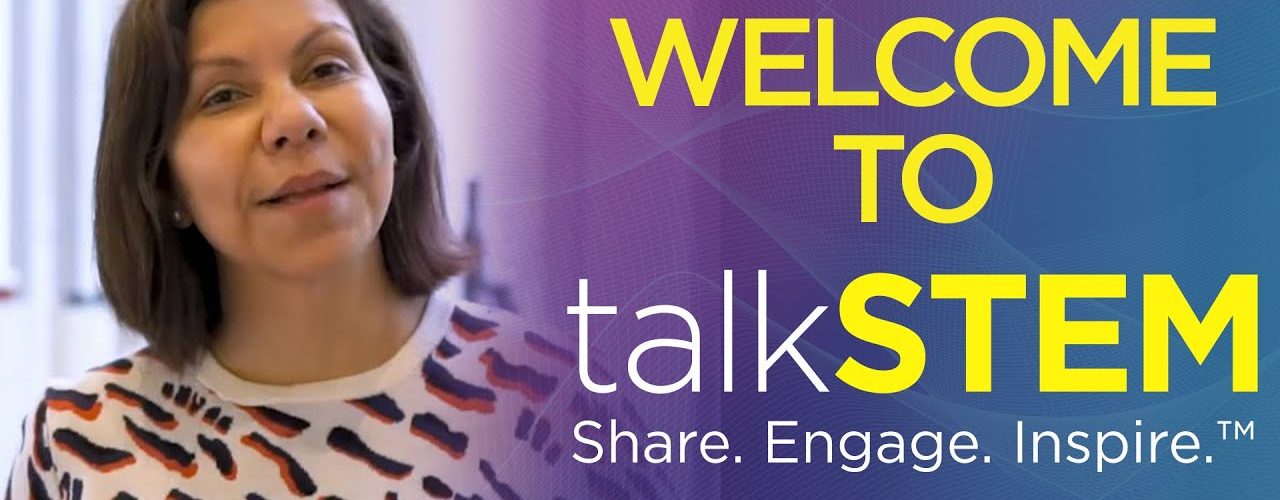

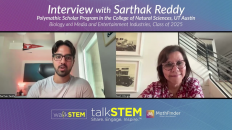
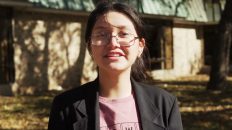


Add comment